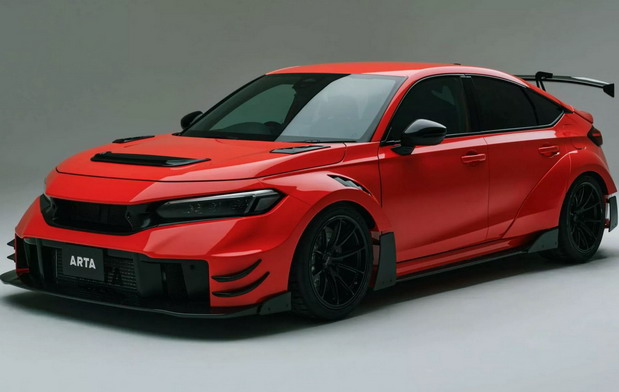NISSAN

Qashqai e-POWER: the brand's new generation SUV arrives electrified and with more technology
In a few months' time, Nissan will launch in different European markets an interesting new version of its successful new generation compact SUV, the Nissan Qashqai e-POWER, which is technically a series hybrid with extended electric range.Basically, this means that it incorporates an electric motor, the only one in charge of moving the vehicle's wheels, but also a gasoline engine, which acts exclusively as an energy generator to recharge the battery and power the electric motor.
The most curious thing about this Qashqai e-POWER is that it is an electric car that cannot be charged at the outlet, since the only way to charge its battery is on the move, through the combustion engine. This system has been available in Japan since 2017, although a 1.2-liter heat engine was previously used.
The new Qashqai e-POWER hides a 140 kW or 190 hp electric motor, which propels the vehicle, and a 3-cylinder, 1.5-liter turbocharged gasoline engine with a variable compression system (between 14:1 and 8:1), which develops a maximum power of 158 hp.
Therefore, the maximum power of the vehicle is 190 hp, since the electric unit is the one that drives the front wheels (the car is exclusively front-wheel drive), and the maximum torque rises to a generous 330 Nm. The model has a mode called e-Pedal Step, which can be activated via a button, which allows single-pedal driving.
This curious extended autonomy system allows the gasoline engine to generate electrical energy that, through an inverter, reaches the battery (whose specifications were not detailed), the electric motor directly or both.
Thus, although it is a model powered by an electric motor, it does not have a recharging point to be connected to an electrical outlet, but only a conventional nozzle for the fuel tank.
According to Nissan, this 1.5-liter engine consumes on average around 19 km/l (CO2 emissions of 119 g/km), although this data is still pending approval. In any case, since it does not propel the vehicle, the brand ensures that the gasoline engine always runs at optimal speeds.Nissan has also developed a system called Linear Tune, which adapts the operating speed of the gasoline engine to that of the vehicle itself, so that the sound is as similar as possible to that of a traditional vehicle.
Autonews




Nenhum comentário:
Postar um comentário